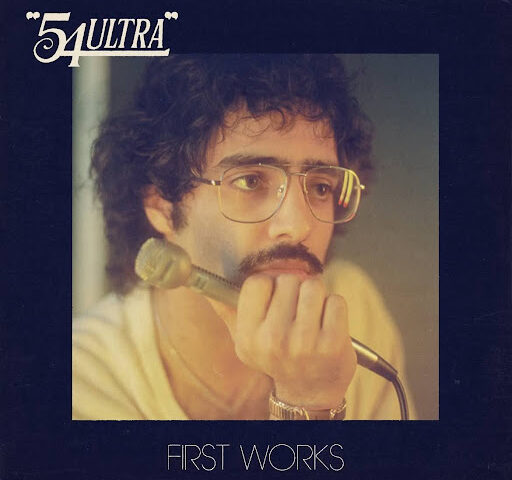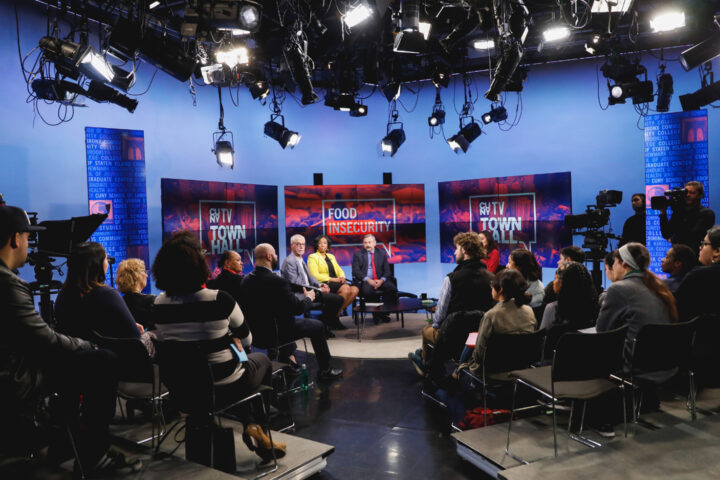Sophomore Yibin Mu uploaded a video on Oct. 25 showing an officer apparently placing him in a headlock, a disturbing image for anyone to see.
Mu rode his skateboard at Columbus Circle in spite of signs barring it. An officer, once seeing Mu, immediately tackled him to the ground, according to Mu. In contrast, a spokesperson for the New York Police Department told the Gothamist that Mu refused to listen to the officer, leading to his arrest.
The Knight News was interested in speaking with Mu, but many other journalists from across the world also wanted to as well. Unfortunately, it does not look likely we will reporting on this story.
Regardless of what one thinks about Mu’s decisions, use of force by officers is not necessary. Mu was not a danger to anyone and the officer was not threatened. Indeed, the officer pepper-sprayed him despite Mu not having any weapons.
But this is not an isolated incident, especially in New York City. Police, even across the U.S., use excessive force even when it is not needed. There are many incidents to write about, but not enough space to list them all.
This brings up the question about police and their role in society. David Graeber, an anthropologist at the London School of Economics, wrote a piece in Gawker earlier this year titled “Ferguson and the Criminalization of American Life” about this very question.
Graeber wrote how officers spend 90 percent of the time “dealing with infractions of various administrative codes and regulations.” For the other 10 percent, they deal with violent criminals.
“The police, then, are essentially just bureaucrats with weapons. Their main role in society is to bring the threat of physical force—even, death—into situations where it would never have been otherwise invoked, such as the enforcement of civic ordinances about the sale of untaxed cigarettes,” Graeber wrote.
Mu is seeking a lawyer and we will follow this case as it develops. In the meantime, we invite solutions to this policing crisis from readers.












